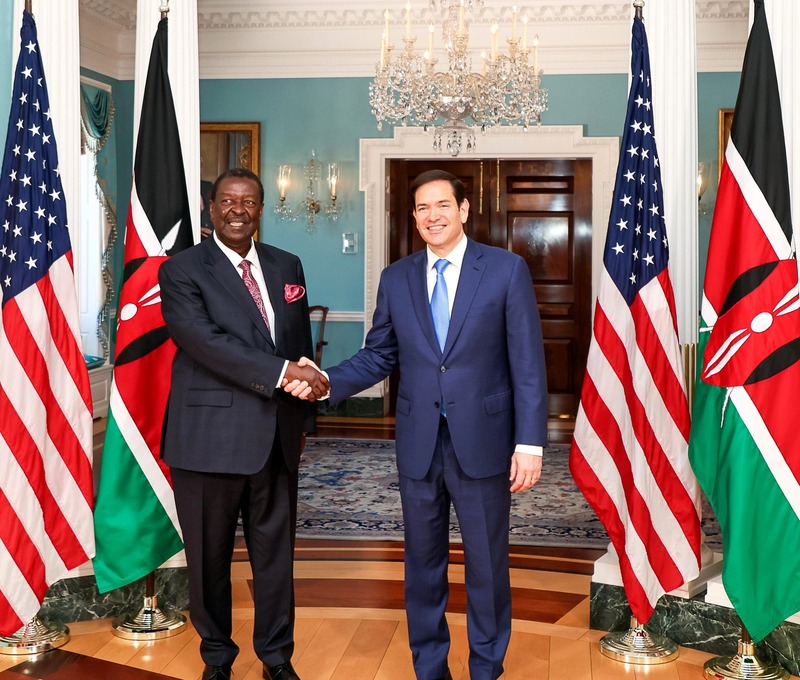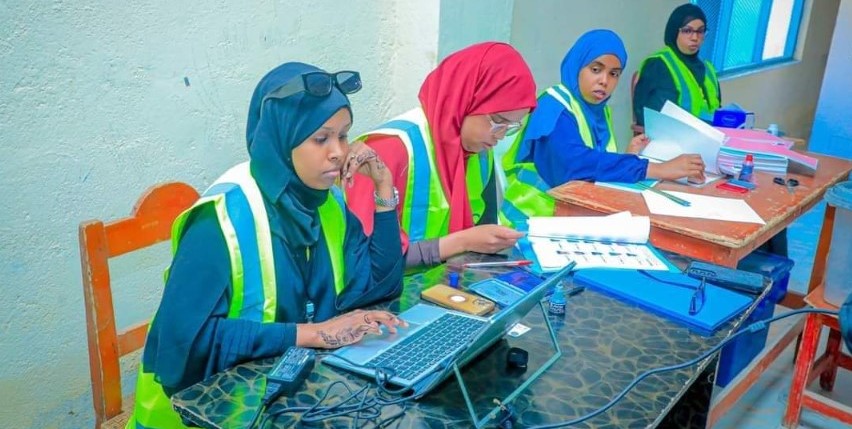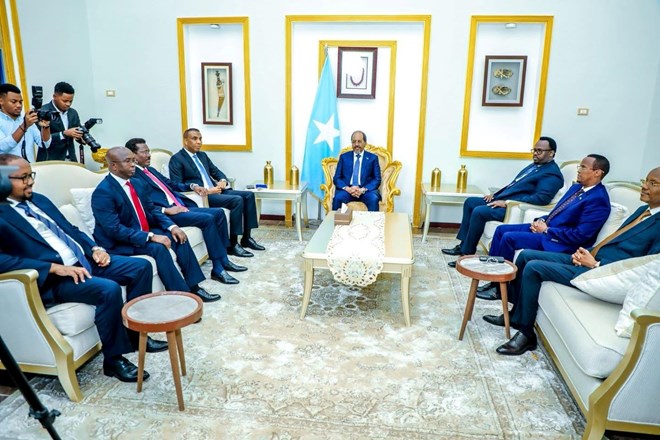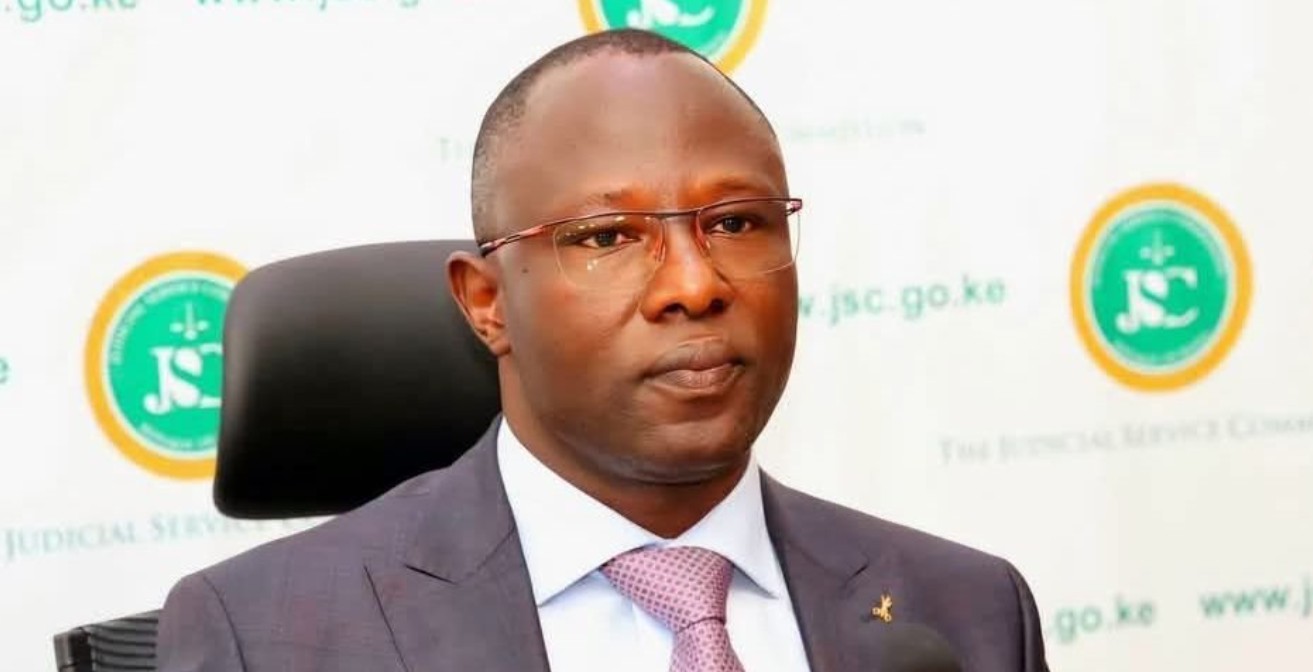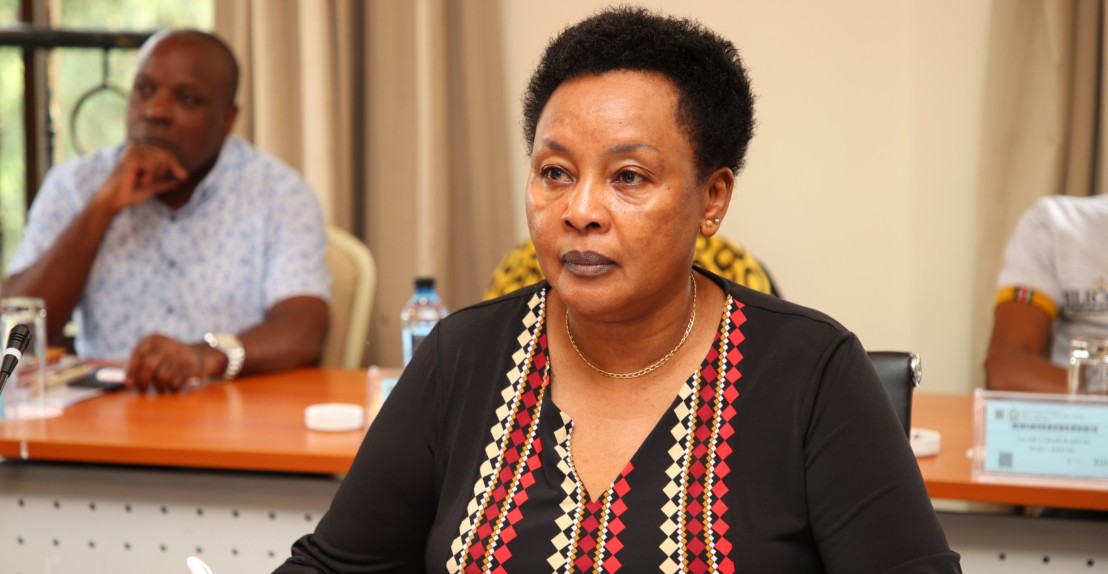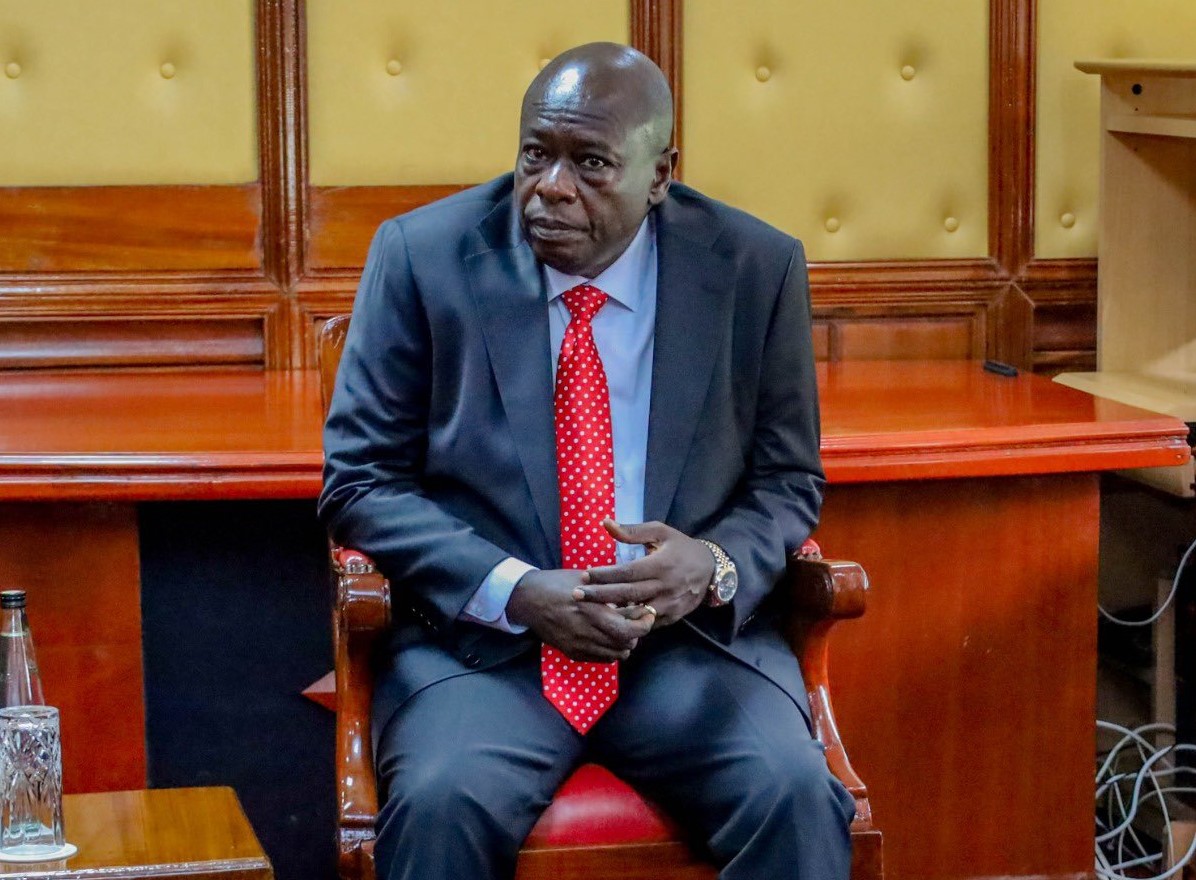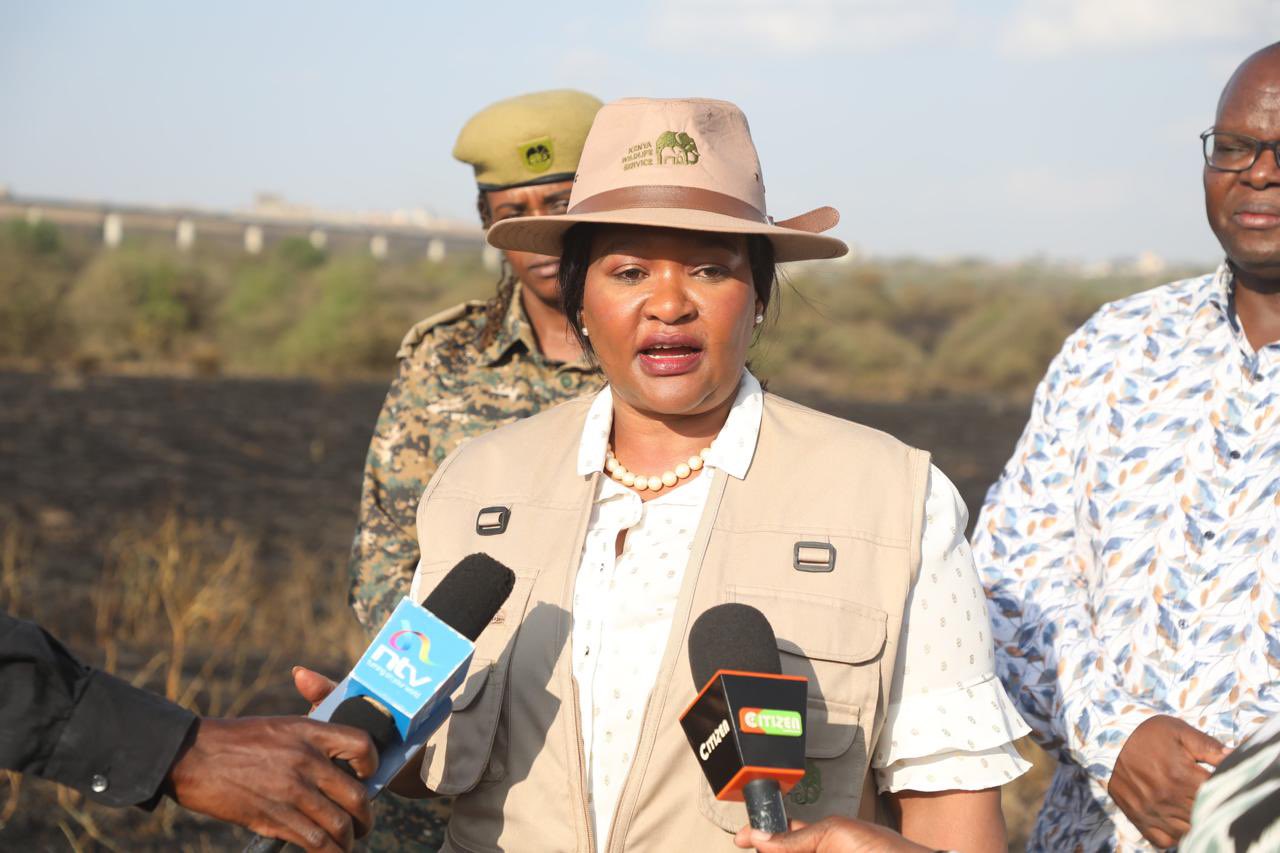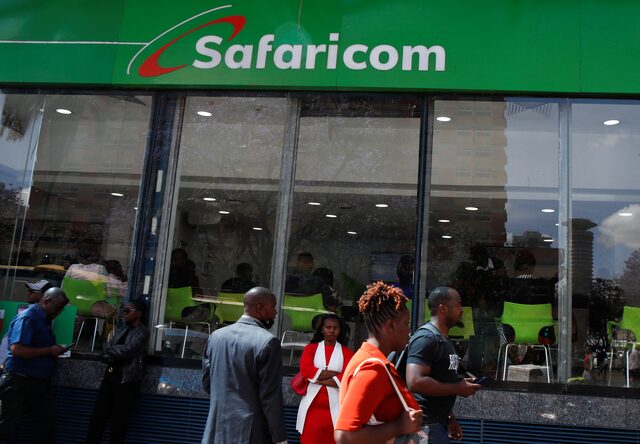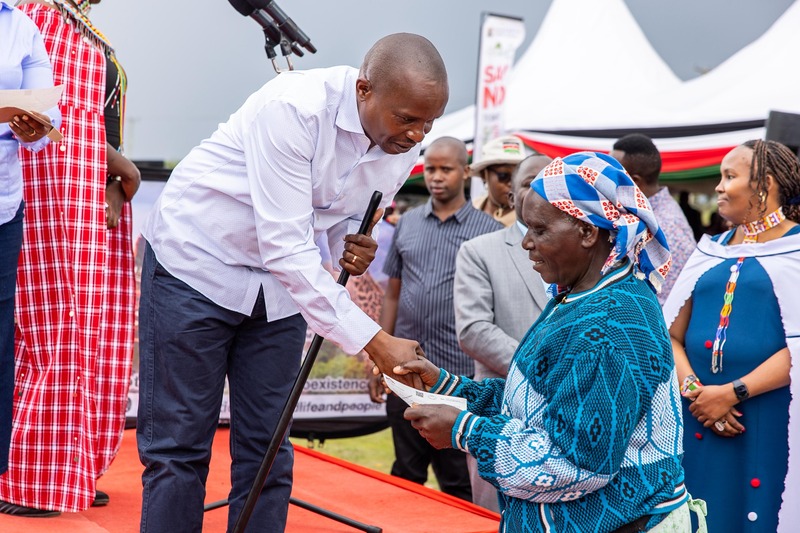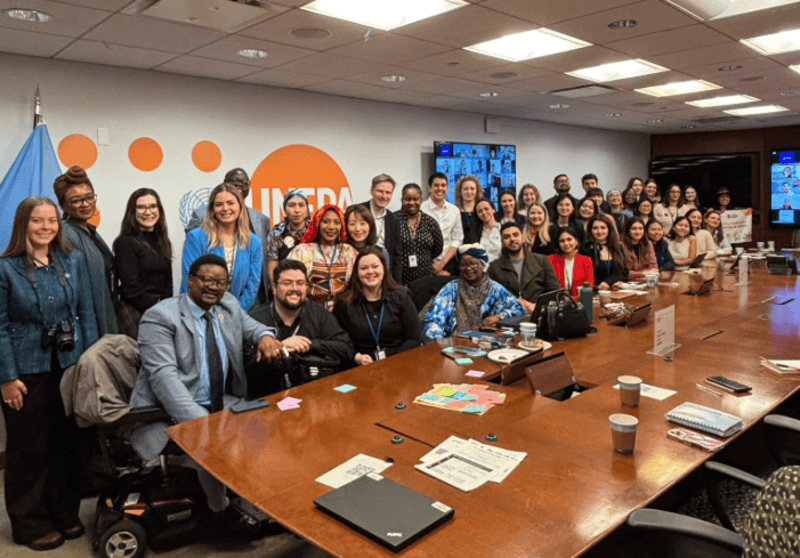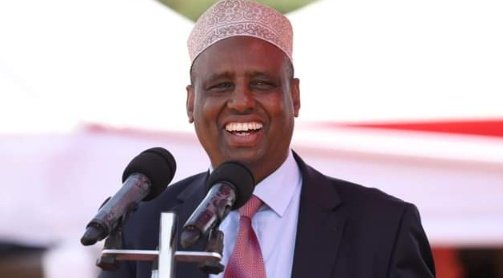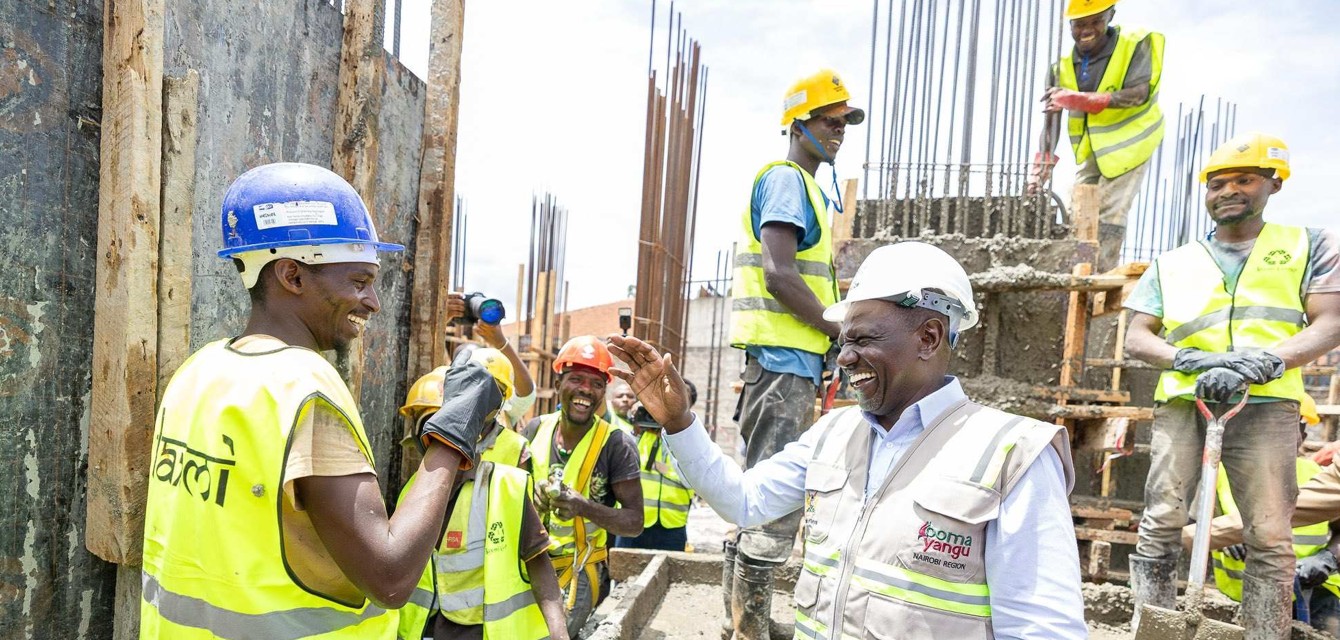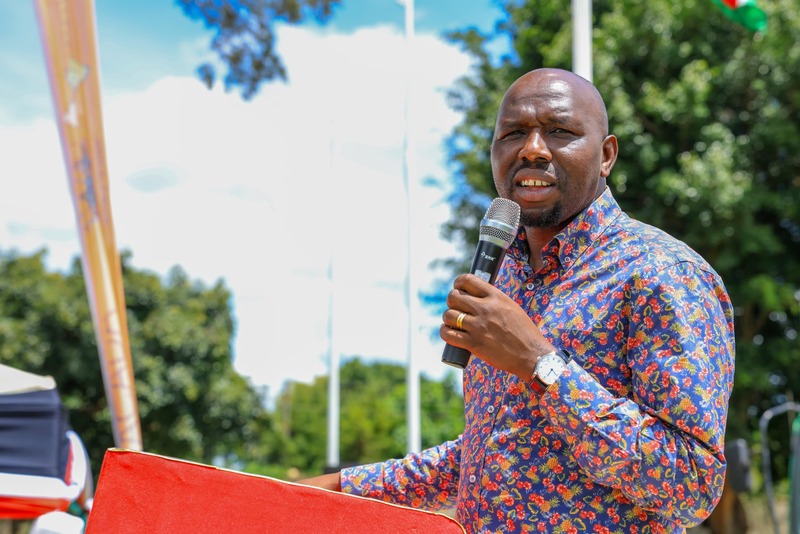Kenya receives 8.3 million doses of vaccines to boost dwindling supplies
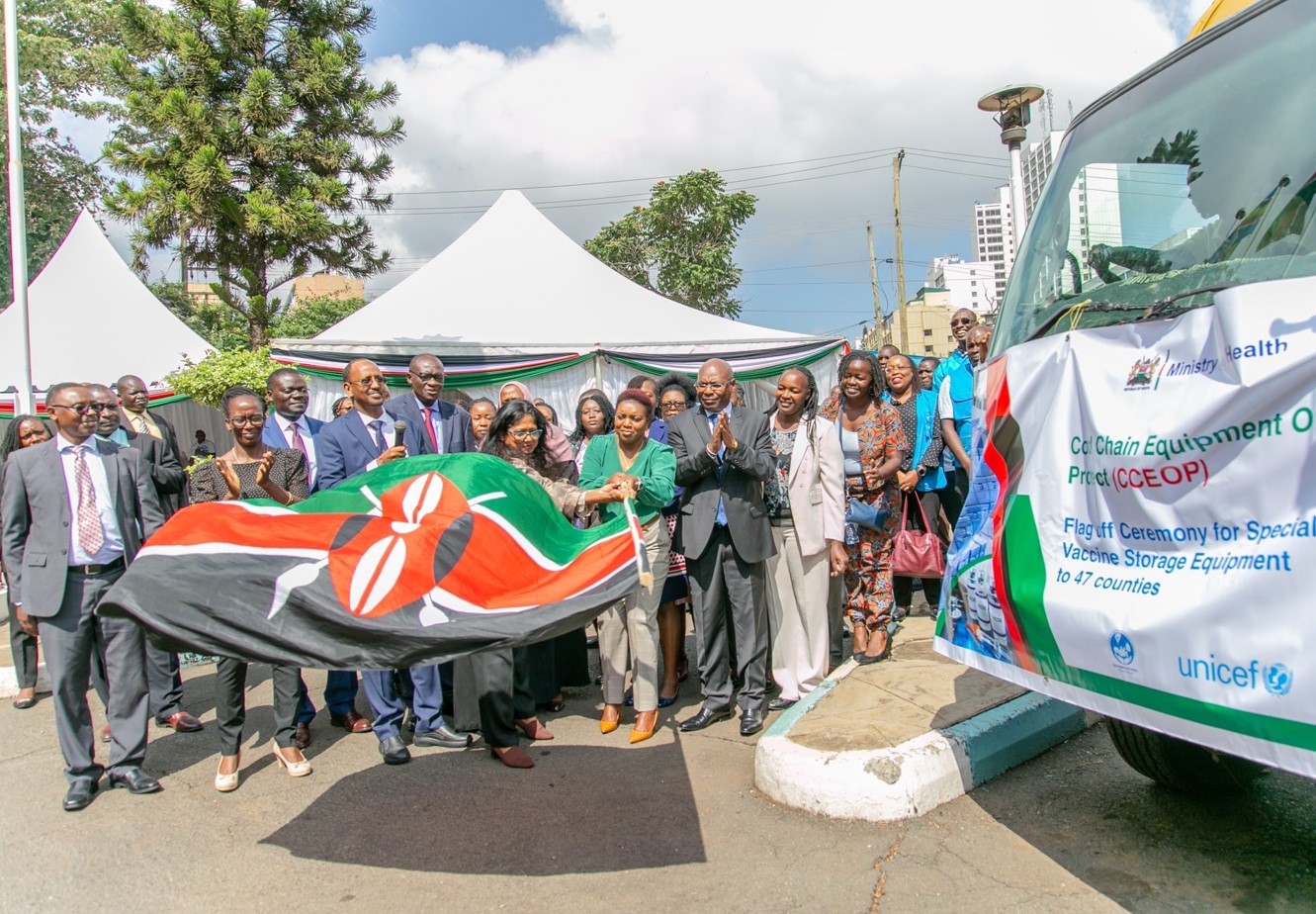
The purchase comes after the allocation of Sh1.25 billion to the ministry to urgently procure routine childhood vaccines, including BCG, Oral Polio, Tetanus-Diphtheria, and Measles Rubella.
The Ministry of Health has received 8.3 million doses of vaccines following reports of vaccine shortage in the country.
They include 1,209,500 doses of measles-rubella vaccines, Oral Polio Vaccines (3,032,000), Tetanus-Diptheria vaccines (1,000,000) and 3,129,000 doses of Bacillus Calmette-Guérin (BCG).
More To Read
- Malaria deaths in Kenya drop by 93 per cent over eight years, WHO says
- WHO pushes for new malaria, TB and HIV vaccines to benefit Kenya
- Sudan launches first malaria vaccine in landmark child health initiative
- African scientists warn of rising threats from malaria, dengue fever
- South Sudan launches new R21 Malaria vaccine to protect children
- Kenya to deploy genetically modified mosquitoes to curb malaria
The purchase comes after the allocation of Sh1.25 billion to the ministry to urgently procure routine childhood vaccines, including BCG, Oral Polio, Tetanus-Diphtheria, and Measles Rubella.
Principal Secretary for Medical Services Harry Kimtai on Wednesday said the vaccines had reached critically low levels in the country.
"The received vaccines are currently being processed for urgent distribution to the nine regional vaccine stores across the country," he said.
The ministry has also engaged additional refrigerated trucks to ensure the crucial vaccines reach health facilities and communities by the second week of June.
The PS added that the ministry was grateful for the support received from the Global Alliance of Vaccines and Immunisation (GAVI) over the years and remains committed to ensuring a smooth transition as Kenya moves towards becoming fully self-financing by 2030.
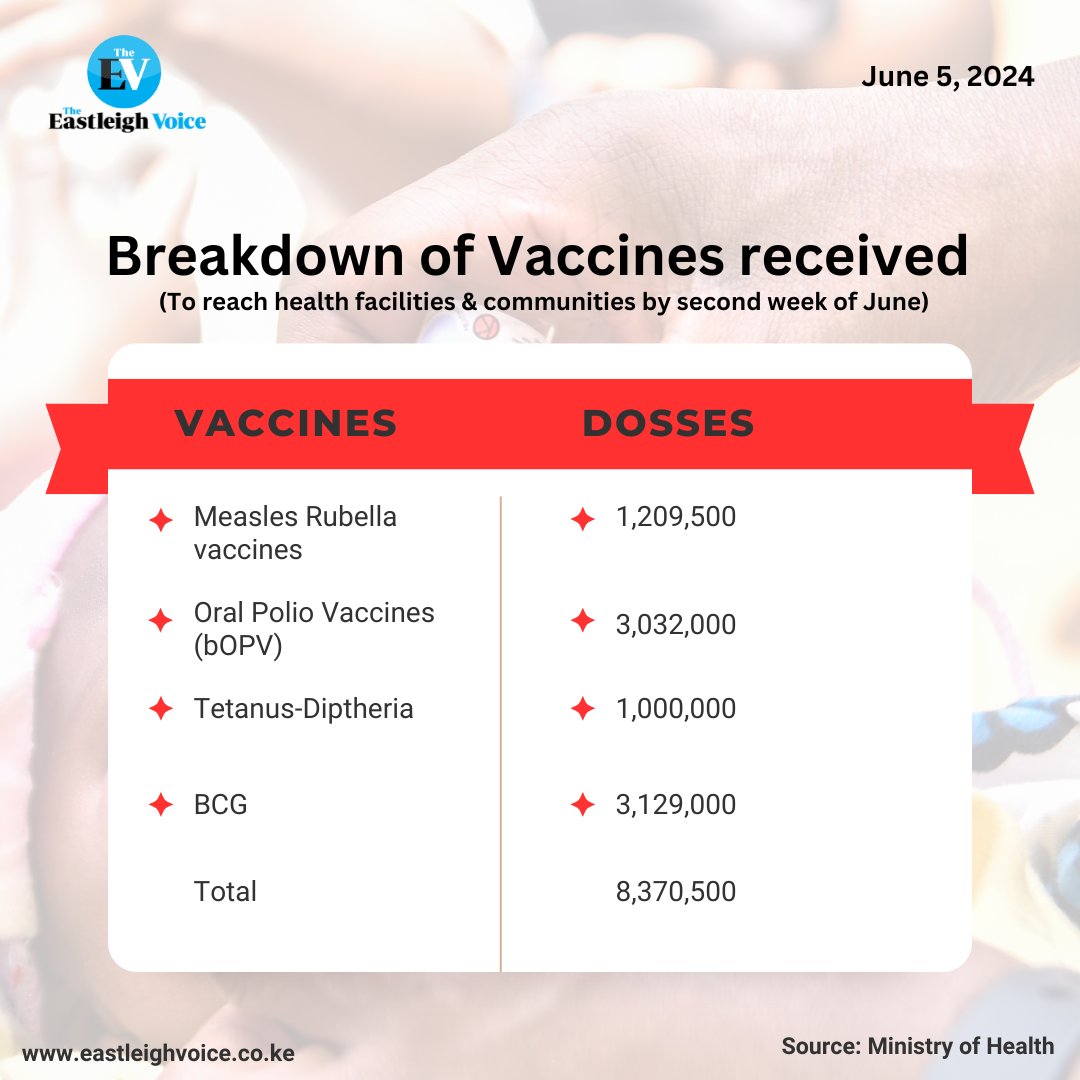
Sustainable financing
To achieve this, the Ministry said it was exploring innovative options for sustainable financing of vaccine procurement and programme operations to prevent future stockouts.
GAVI in February 2024, extended its support to Kenya by two years to 2029, to help avert a looming crisis in primary healthcare.
The extension was also aimed at ensuring that the country, through the Kenya BioVax Institute, can start formulating vaccines locally.
GAVI, the main donor of vaccines and immunisation funds in Kenya, had earlier said it would end its support in 2027, which triggered fears of a crisis in the annual roll-out of the primary healthcare programme, given GAVI and UNICEF provide at least Sh32 billion for the initiative every year.
Kenya BioVax Institute is in the advanced stages of setting up a facility at Embakasi in Nairobi that will be used to formulate vaccines for use across the country.
The agency has an ambitious target of releasing the first batch of locally packaged vaccines by 2029.
The production will be through filling, packaging and populating of imported vaccines to meet Kenya's demand.
In addition to that, PS Kimtai said the ministry will continue engaging the National Treasury to ensure increased and dedicated resources are allocated to the immunisation programme, ensuring stable vaccine supplies.
"Ring-fencing domestic resources will guarantee sustainable financing for immunization and universal access to vaccines, aligning with our efforts in Primary Health Care," he added.
PS Kimtai also acknowledged the role of the immunisation partners, the media, and civil society in amplifying and raising awareness of the vaccine stockout issues.
Top Stories Today


